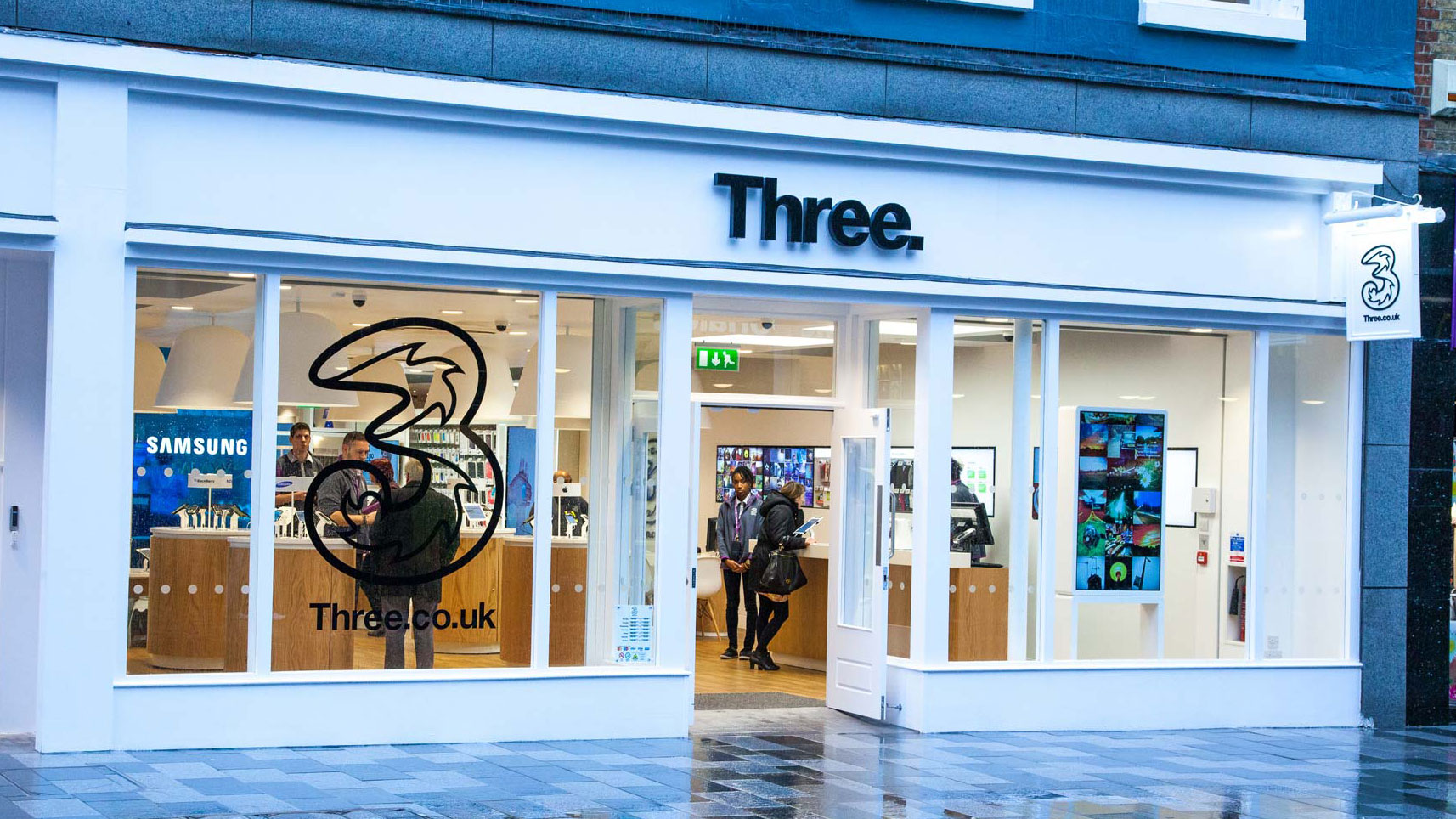Three: 5G wireless broadband can be genuine alternative to fibre
Three-commissioned report touts price-saving benefits of 5G FWA

A report commissioned by mobile operator Three has backed 5G-powered Fixed Wireless Access (FWA) broadband to be a genuine challenger to traditional fixed line connections.
Alongside enhanced mobile broadband services, FWA will be one of the first major use cases for commercial 5G services. Indeed, Verizon’s 5G network in the US offers FWA in several major cities.
Both Three and EE have said they will offer FWA when they launch their 5G networks in 2019, claiming it will appeal to people in areas with poor fixed coverage or those who need a more flexible contract.
Three FWA
FWA appears to be a major focus for Three, which bought Relish’s parent company UK Broadband last year, and hence the reason it commissioned this report from Ovum.
“5G gives consumers the opportunity to bin their fixed line, enjoy faster speeds and save money,” said Three CEO Dave Dyson. “Wireless home broadband means that we can speed up access to super-fast internet services at a lower cost, without installation delays or inflexible contracts.
“The efficient and widespread rollout of superfast broadband across households and businesses is crucial to the growth of our economy. Wireless home broadband de-risks Government’s ambitions for a Digital Britain by providing alternatives to a fibre-to-the-home solution.
The study itself suggests 5G FWA would be capable of delivering speeds of up to 100Mbps – more than double the average UK fixed line peed of 46Mbps. However, it’s worth nothing that fibre to the cabinet (FTTC) can deliver up to 76Mbps, while full fibre can offer significantly more.
Are you a pro? Subscribe to our newsletter
Sign up to the TechRadar Pro newsletter to get all the top news, opinion, features and guidance your business needs to succeed!
Network convergence
However, the report also claims that FWA is half as cheap to deploy as there is no need to lay physical cables and that customers can save up to £240 a year by not having to pay line rental. The report also says that FWA has an advantage over previous attempts to create a wireless alternative to fixed because the ecosystem is so developed.
“Advantages of 5G wireless broadband technology are not just in speed: wireless is more flexible, does not require long-term contracts, is faster and cheaper to deploy and less of a burden for customers – no waiting time, no engineer visits,” said Dario Talmesio, principal analyst at Ovum.
“With low availability of fibre and high cost of deployment, 5G Wireless becomes a viable alternative to fixed-line broadband. While the UK continues its fibre roll-out, this is a quicker and more economical way to satisfy customers’ fast-growing demand for data.”
However, there is still an acknowledgement that FWA may not be suitable for “power users”, a fact acknowledged by Dyson earlier this year. Meanwhile, BT sees FWA as a part of a wider vision of a converged network comprising 5G, Wi-Fi and fibre.
- Compare broadband deals
Steve McCaskill is TechRadar Pro's resident mobile industry expert, covering all aspects of the UK and global news, from operators to service providers and everything in between. He is a former editor of Silicon UK and journalist with over a decade's experience in the technology industry, writing about technology, in particular, telecoms, mobile and sports tech, sports, video games and media.